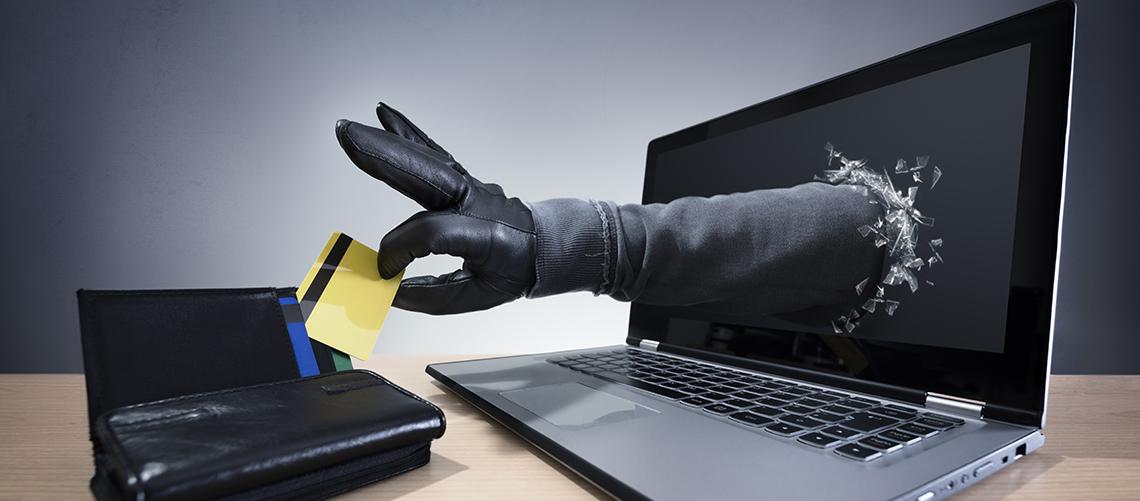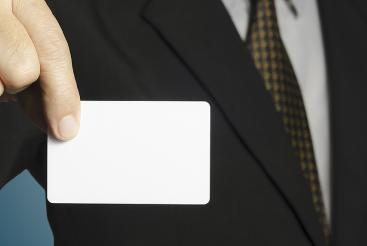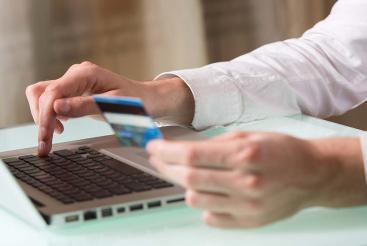Protecting yourself against identity theft

While it may seem like one of those things that happens in movies and crime TV shows, identity theft is something many people think could never happen to them... until it does.
Identity theft can occur to anyone, in a range of different ways. At its core, it involves the perpetrator masquerading as someone else in order to steal money or access other personal details.;
For the victims of identity crime, it can be a cause for considerable distress. According to the Equifax Australian Debt Study, 17% of Australians have experienced identity crime in some shape or form here in Australia1.
Here we take a look at what identity theft involves, and how to minimise the risks of falling prey to it.
How does identity theft occur?
Criminals could make purchases using your credit card, open a bank account under your name, take out loans or even participate in illicit trade or business.
The methods through which identity theft is achieved could involve anything from mail theft, to the targeting of your digital inbox through email scams and computer malware or spyware. There is also the traditional bag snatch, or luggage theft, as well as the skimming of banking cards.
Whether through digital or more physical means, identity theft poses a threat to individuals and communities alike, so it's important to be vigilant.
Safe surfing on the web
Online shopping has made it easier than ever for us to have access to goods and services from the comfort of our homes. However, with increasingly sophisticated software targeting the unwary internet user, it's all too easy to fall into the trap of giving away your personal and banking details to a malicious third party.
The Australian Federal Police advise against logging into sensitive websites such as those used for online banking on unsecured public WiFi network "hotspots". Using public computers such as in an internet cafe or airport can also prove to be a risk, where details of your browsing session could be captured by an enterprising identity thief.
In addition, pay close attention to where you are entering your banking details for online checkout - secure websites will often have a security lock symbol in the address bar.
Keeping an eye on your transaction history
Often identity theft is only picked up once the damage has already occurred, but a good way to promote early detection is by keeping a close eye on your banking transaction history and your Equifax credit report. Any payment, however small, that appears to be strange or out of the ordinary should be flagged with your bank as soon as possible, as well as any credit suppliers with whom you have not in fact applied for credit.
You can get your Equifax credit report here. You can also monitor the integrity of your financial information by watching for changes in your credit file with email alerts through a subscription package. For example you can be alerted to a new credit enquiry on your credit report which could be someone trying to apply for credit in your name.
Disclaimer: The information contained in this article is general in nature and does not take into account your personal objectives, financial situation or needs. Therefore, you should consider whether the information is appropriate to your circumstance before acting on it, and where appropriate, seek professional advice from a finance professional such as an adviser.
1Equifax, Identity Theft in Australia: The Current Problem. Accessed March 2015.
Get your Equifax credit report for FREE today
Learn moreYou might also like

Consumer fraud: what do I need to know?
Consumer fraud is defined as any fraudulent or intentionally misleading business practice, and it can have a significant impact on those whose information it targets.

Are you credit invisible?
If you've never applied for credit before, there's a good chance you may be credit invisible. Here we look at what you should know about it.

Should I get a credit card?
Responsible use of a credit card without an outstanding balance or a series of late payments can act as an endorsement for future credit.
